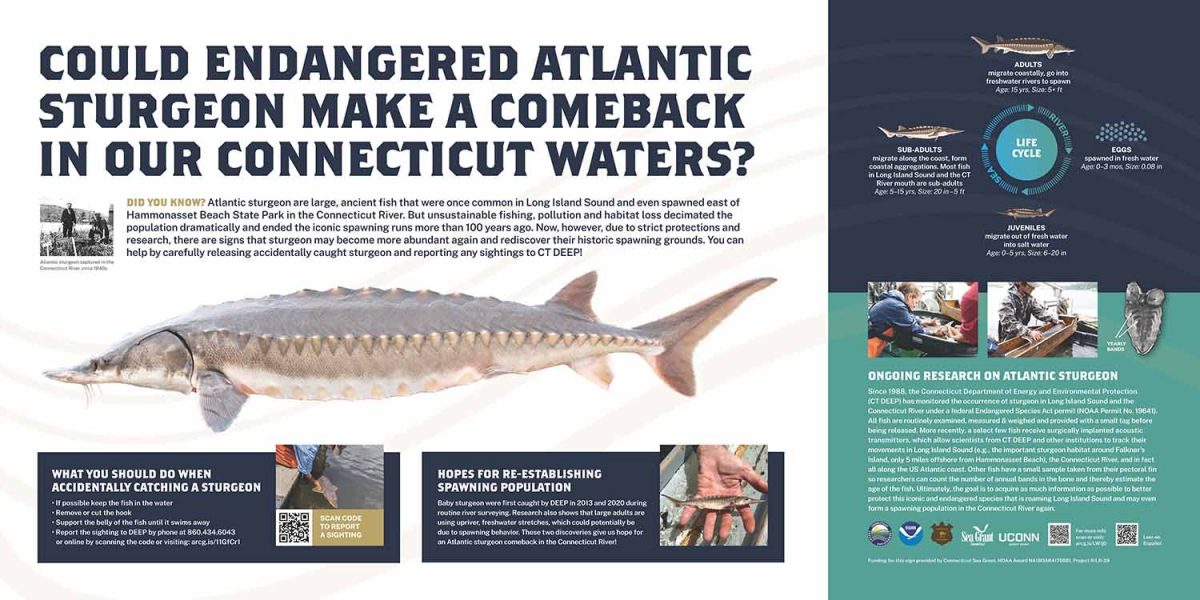
Sturgeon monitoring informational sign in Spanish and English
A pdf of the informational sign about Atlantic sturgeon that is posted at Hammonasset Beach State Park in Madison is found here. Spanish and English versions of the sign are available for download.
[Read More]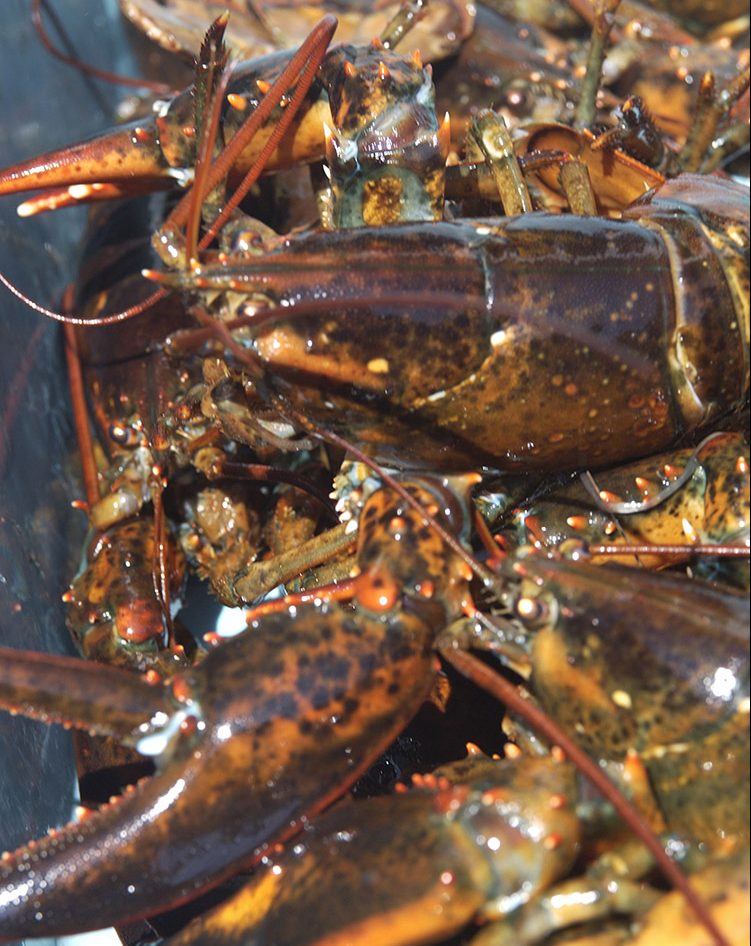
American Lobster Research & Extension Initiative newsletter
An introduction to the American Lobster Research and Extension Initiative, a project of seven Northeast Sea Grant programs including Connecticut Sea Grant.
[Read More]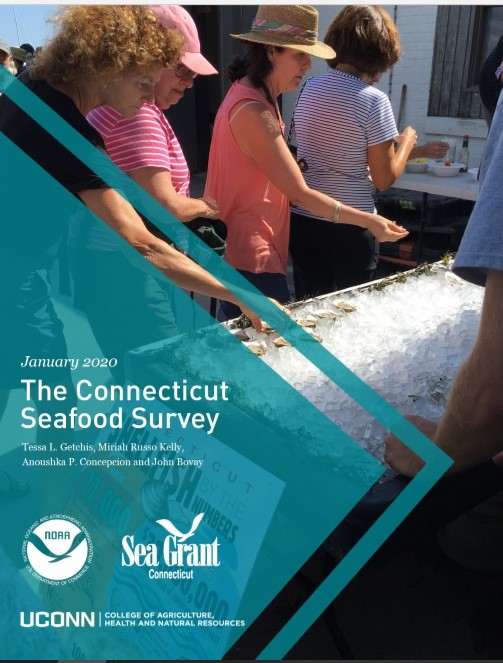
The Connecticut Seafood Survey: Assessing Seafood Consumption, Knowledge, Behaviors and Preferences of Connecticut Residents
“The Connecticut Seafood Survey: Assessing Seafood Consumption, Knowledge, Behaviors and Preferences of Connecticut Residents” offers information to better understand current eating habits and how to get more seafood into Connecticut residents’ diets — especially shellfish, fish and seaweed from local waters.
[Read More]New England Seaweed Culture Handbook: Nursery Systems
This 92-page illustrated handbook shows how to culture 4 ecologically and economically important seaweeds native to New England. They are kelp, nori, Gracilaria and Chondrus.
[Read More]Molluscan Shellfish Brochure for Consumers
Free brochure describes safe handling of molluscan shellfish to keep them fresh and safe to eat. Download here
[Read More]Enjoying Shellfish Means Keeping Them Cool
A printable brochure about Vibrio bacteria and how to reduce your risk by handling seafood properly and keeping it chilled.
[Read More]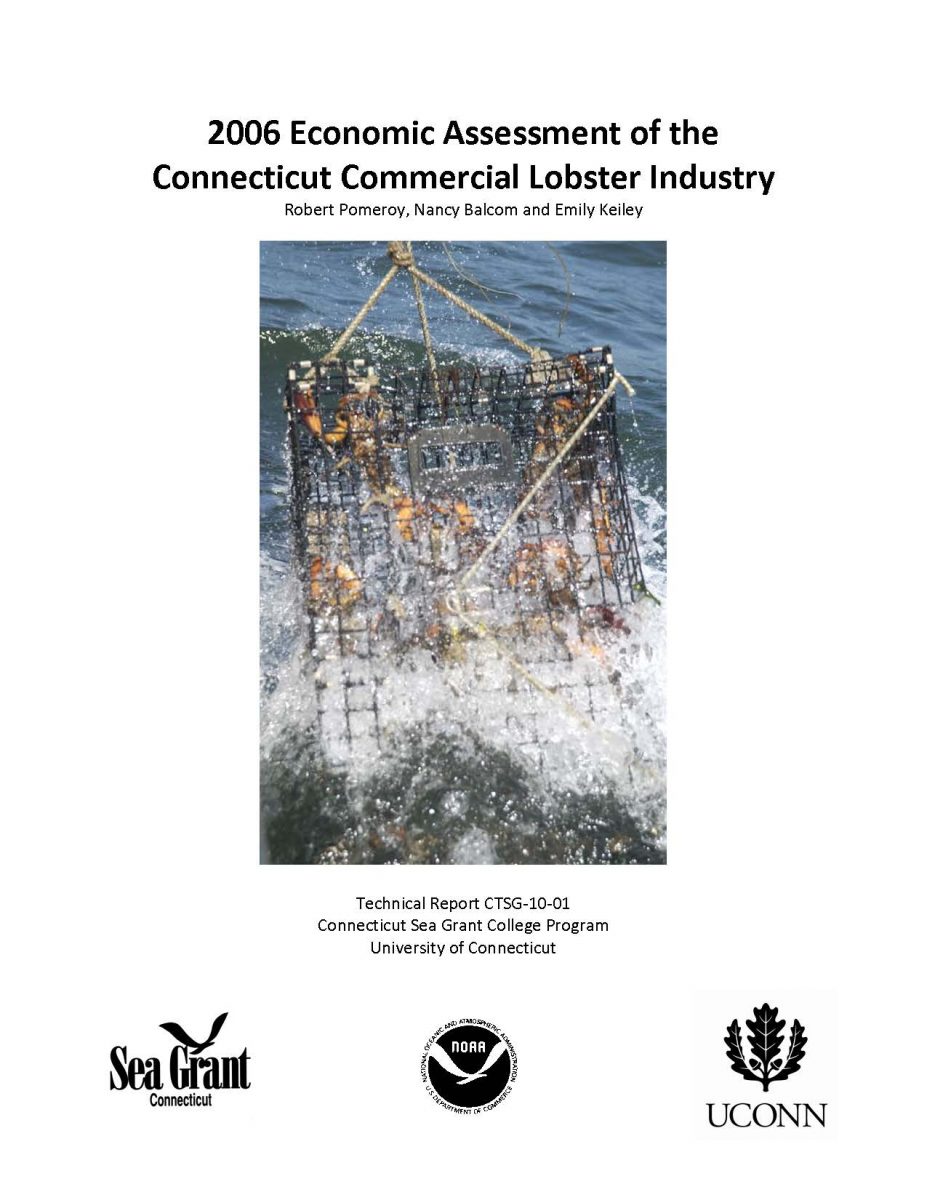
2006 lobster fishery economic assessment
An economic assessment of the Connecticut commercial lobster industry completed in 2010.
[Read More]Goals and Concerns of Fishery Stakeholders in the Development of Catch Share Management in New England
Robert Pomeroy, Richard Pollnac, Alexander Maas, Jonathon Peros, Sam Grimly, Anne Hayden, Teresa Johnson This report concerns the concept of catch-shares management in New England Fisheries. Concerns that stakeholders expressed in a Sea Grant survey commissioned by EDF to facilitate joint problem-solving are categorized and summarized. Free. Download here.
[Read More]Seafood Buying Guide
Nancy Balcom Make the right choices for your health, your dinner, and the environment! Download PDF
[Read More]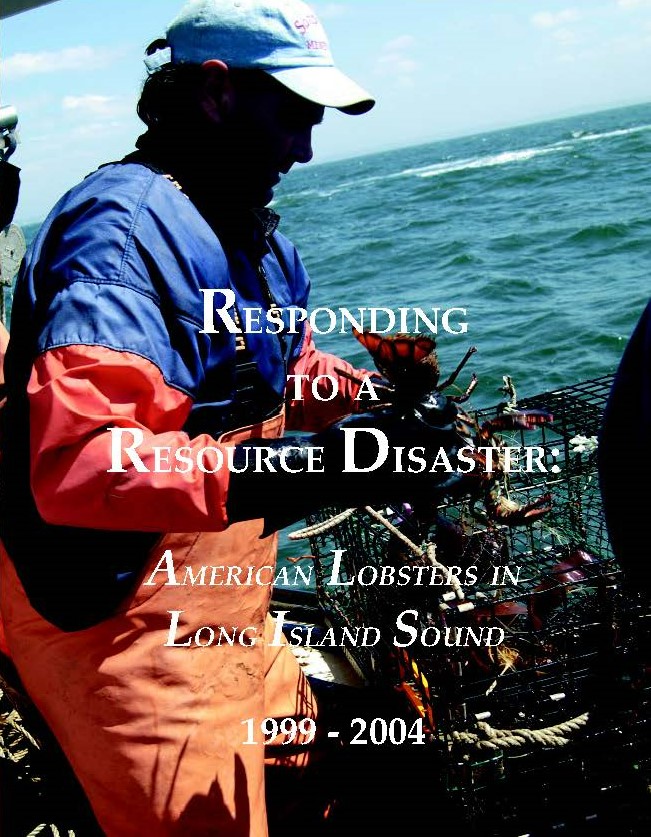
Summary Report on Long Island Sound Lobster Die-Off
Responding to a Resource Disaster: American Lobsters in Long Island Sound 1999-2004 is a report issued in 2006, summarizing the combination of environmental stressors that led to the 1999 lobster resource disaster.
[Read More]Ecosystem-based Fisheries Management
Dr. Robert Pomeroy Conventional fisheries management focuses on a single species or stock and may assume that the productivity of that stock is a function only of its inherent population characteristics. Ecosystem-based management strategies recognize that both natural and human elements in the ecosystem must be taken into account in order to really understand fisheries. […]
[Read More]Adaptive Management
Dr. Robert Pomeroy Adaptive management relies on deliberate experimentation followed by systematic monitoring of the results from which fisheries managers or fishermen can learn. 1-page fact sheet. Publication Number CTSG-03-10 Free. Download PDF
[Read More]Rights-based Fisheries Management
Dr. Robert Pomeroy A rights-based fisheries management system might include limited entry or access rights, input rights (fishing effort) or output rights (specific catch limits). The various forms and characteristics are presented. Publication Number CTSG-04-02 Free. Download PDF
[Read More]Fisheries Co-Management
Co-management is an alternative management strategy that involves fishermen in the management process. There is greater local stewardship, responsibility, and enthusiastic participation in management when fishermen are active members of the management team. Find out how it works and the pros and cons in this fact sheet.
[Read More]Marine Protected Areas: an Ecosystem-based Management Tool
Dr. Robert Pomeroy Because of their integral role in marine biodiversity conservation and ecosystem-based management, marine protected areas (MPAs) have recently emerged as an alternative for protecting fish populations and their habitats. 1-page fact sheet. Publication Number CTSG-03-09 Free. Download PDF
[Read More]